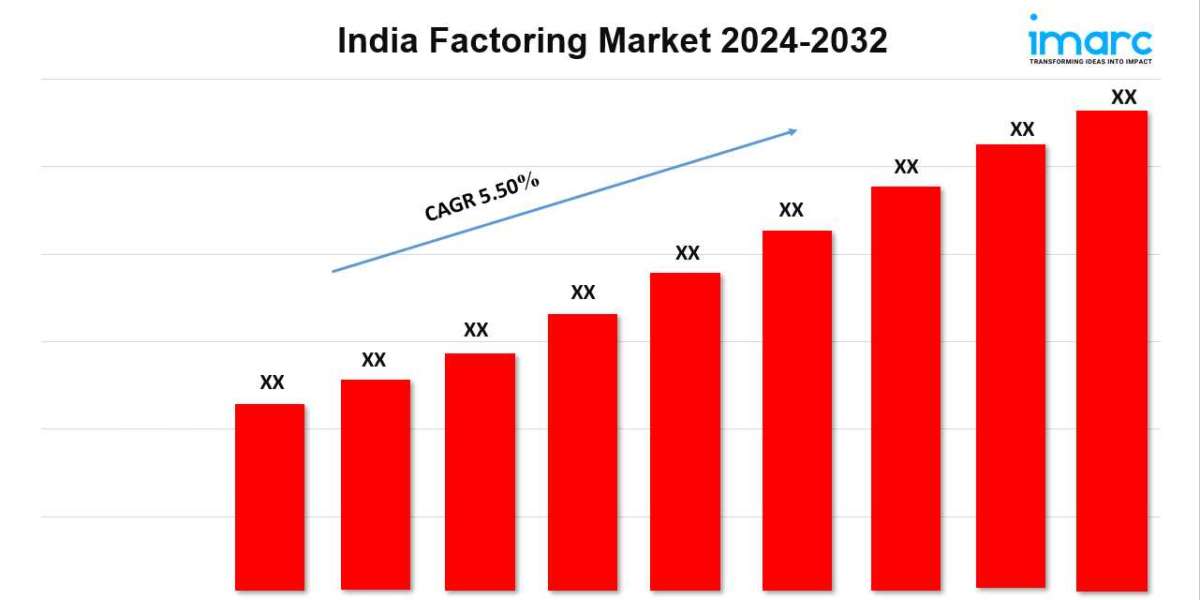A compounding pharmacy is a specialized type of pharmacy that prepares customized medications based on the specific needs of an individual patient. Unlike commercial pharmacies that provide mass-produced medications, compounding pharmacies focus on creating tailored prescriptions that cater to unique medical requirements. This could include adjusting the dosage, changing the form of the medication (such as converting a pill into a cream), or combining multiple medications into one prescription.
The practice of pharmacy compounding has been around for centuries, dating back to the origins of pharmacy. However, with the mass production of pharmaceuticals in the 20th century, compounded medications became less common. Despite this, compounding pharmacies are experiencing a resurgence as patients seek personalized treatments that are often not available through standard prescriptions.
The Role of Compounding Pharmacists
Compounding pharmacists play a critical role in the creation of personalized medications. These professionals have specialized training in pharmaceutical compounding, which involves both the science and the art of preparing customized medications. The process requires a deep understanding of drug properties, chemical interactions, and patient needs.
Compounding pharmacists work closely with physicians and patients to determine the appropriate course of action when a patient requires a non-standard medication. They use their expertise to alter the formulation of a drug, adjust dosages, and prepare medications that may not be commercially available. This could involve creating medications for patients with allergies to certain ingredients, children who may not be able to swallow pills, or individuals requiring non-standard dosages due to their unique medical conditions.
Common Uses of Compounded Medications
Compounded medications are commonly used for several purposes. Here are some of the most common reasons why patients turn to compounding pharmacies:
1. Pediatric Medications
Children may have difficulty swallowing pills, and not all medications are available in liquid form or at appropriate dosages for young patients. Compounding pharmacists can customize medications by creating liquid forms, chewable tablets, or dissolvable powders in the correct dosage for a child's needs.
2. Hormone Replacement Therapy (HRT)
Compounded medications are often used in hormone replacement therapy, particularly for bioidentical hormone treatments. These hormones are customized to closely match the natural hormones in the body, addressing imbalances or deficiencies in a more personalized manner than standard synthetic options.
3. Allergy-Friendly Formulations
Many commercial medications contain ingredients that can trigger newport beach compounding pharmacy, such as gluten, dairy, or artificial colors. Compounding pharmacies can eliminate these ingredients and create medications that are free from allergens, ensuring that patients with sensitivities can receive the medications they need.
4. Veterinary Compounding
Animals, like humans, sometimes need medications that are not available in standard forms. Compounding pharmacies can create medications specifically tailored to pets, including flavors that make it easier for them to take their medicine. This is especially helpful for pets with unique medical needs or those who require custom dosages.
5. Pain Management
For patients dealing with chronic pain, compounded medications can provide relief that is more effective or better suited to their needs. Compounding pharmacies can create topical creams, gels, or transdermal patches that deliver pain medications directly to the site of pain, reducing side effects often associated with oral medications.
The Safety of Compounded Medications
While compounding pharmacies provide customized medications, it is essential to understand that these medications are only safe when prepared correctly. A licensed, certified compounding pharmacist must ensure that the correct dosage, formulation, and ingredients are used, and that proper hygiene and equipment are followed.
To maintain safety, compounding pharmacies are subject to regulations and oversight by state pharmacy boards and, in some cases, the U.S. Food and Drug Administration (FDA). The FDA does not approve compounded medications like it does commercially available drugs, but it does provide guidelines for safe practices. When seeking a compounded medication, it's essential to ensure that the pharmacy follows these guidelines to avoid potential risks.
Benefits of Compounding Pharmacies
The primary advantage of a compounding pharmacy is the ability to receive personalized medications that meet specific health needs. Other benefits include:
- Customization: Medications can be tailored in dosage, form, and ingredients to suit individual preferences and medical requirements.
- Availability: Compounding pharmacies can create medications that are no longer commercially available, or that never existed in the first place.
- Improved Compliance: By offering more convenient forms and flavors of medication, compounded medications can improve patient adherence to treatment plans.
- Alternative Solutions: For patients who cannot tolerate conventional medications, compounding pharmacies provide alternative treatment options.
Conclusion
Compounding pharmacies play an essential role in personalized healthcare, offering customized medications that address unique medical needs. Whether it’s for pediatric care, hormone therapy, pain management, or veterinary needs, compounding pharmacists are skilled at creating tailored solutions that improve patient outcomes. However, it’s important to consult with a qualified healthcare provider to ensure the safety and effectiveness of compounded medications. As personalized medicine continues to grow, the role of compounding pharmacies will remain vital in providing patients with the specific treatments they need.







